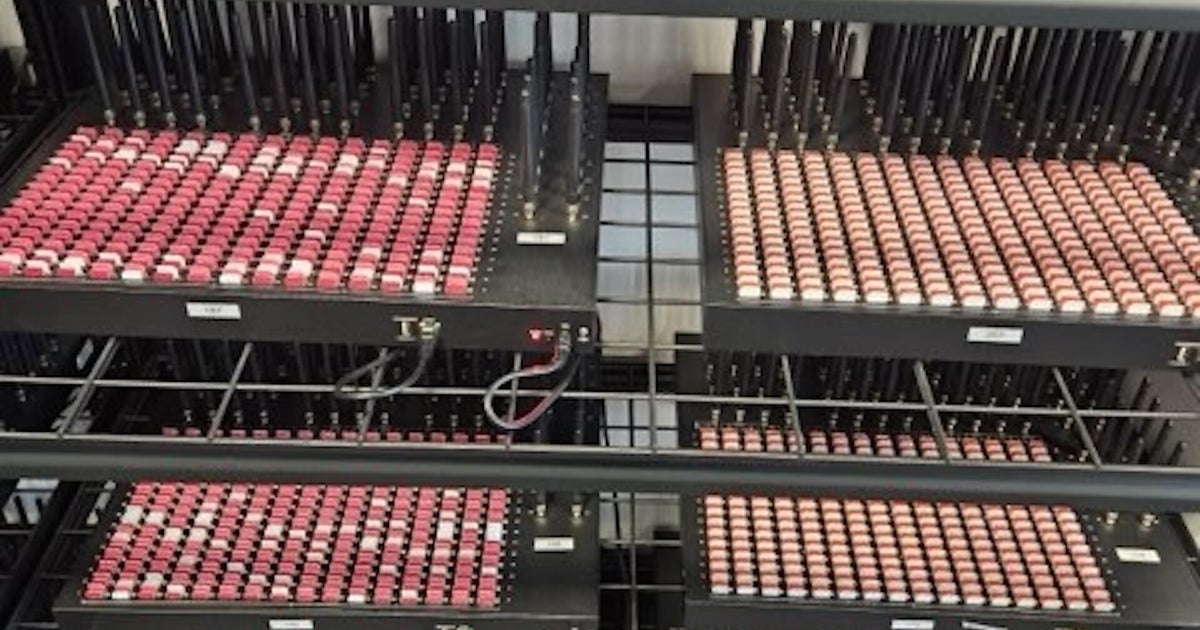What Are Electronic Communication Networks (ECN) and How They Work
:max_bytes(150000):strip_icc()/investing5-5bfc2b8e46e0fb0026016f0e.jpg)
What Is an Electronic Communication Network (ECN)?
An electronic communication network (ECN) is a computerized system that automatically matches buy and sell orders for securities and eliminates the need for third-party involvement. ECN trading is especially helpful when investors in different geographic areas wish to complete a secure transaction without the use of a third party.
ECNs allow investors privacy, automated investing, and a means to trade outside of normal market hours. However, some ECNs may have access fees, commission charges, and interfaces that are less user-friendly than those of traditional broker platforms.
Key Takeaways
- An ECN is a digital system connecting buyers and sellers to trade securities directly, without a middleman.
- ECNs allow for trading outside of traditional hours, enabling investors to react to after-hours news.
- Trades on ECNs often incur access fees and commissions, increasing the overall cost of transactions.
- While ECNs offer privacy and wider trading availability, they may come with less user-friendly platforms.
- Examples of ECNs include Instinet, SelectNet, and NYSE Arca, which facilitate electronic trading.
How ECNs Facilitate Direct Investor Transactions
ECNs let major brokerages and individual traders trade directly without a middleman, allowing investors in different locations to trade quickly and easily. The U.S. Securities and Exchange Commission (SEC) requires ECNs to register as broker-dealers.
ECNs are computer systems that show the best bid and ask quotes, then match and execute orders automatically. They facilitate major exchange and after-hours trading, including foreign currency trading, ensuring automated and quick execution.
The SEC classifies ECNs as alternative trading systems (ATS) that earn by charging fees per transaction. They reduce the need for a third party in order execution by exchange or OTC market makers, allowing these orders to be fully or partially executed. ECNs typically use limit orders, useful for after-hours trading when prices can be volatile.
Important
Some ECNs cater to institutional investors, while others are for retail investors.
Pros and Cons of Using ECNs for Trading
ECNs allow trading outside regular hours, offering a solution for those unavailable during the day or preferring flexible timing. It also avoids the wider spreads that are common when using a traditional broker and provides overall lower commissions and fees. For those concerned about privacy, the ECN can provide a level of anonymity to those who desire it. This can be particularly attractive to investors interested in making larger transactions.
The main drawback of ECNs is their cost. Access fees and commissions can be expensive and hard to avoid. Per-trade-based commissions can be costly and can affect your bottom line and profitability.
ECNs are less user-friendly than traditional broker platforms. They lack integrated charts and data, which can be challenging for beginners.
Finally, the wider spreads may complicate the process of calculating break-even and stop-loss points for some investors.
Allows investors to trade outside traditional trading hours
Key Insights and Other Trading Systems Related to ECNs
ECNs, matching systems, and call markets are all alternative trading systems. Matching systems route orders through a matching engine that checks against current limit orders, placing unmatched orders as quotes. Call markets take orders one at a time, setting prices based on exchange activity after the order is placed.
Notable ECNs in the Market
Examples of ECNs are Instinet, SelectNet, and NYSE Arca. Instinet, founded in 1969, was the first ECN and is used by small brokerages and institutions. It’s widely used by NASDAQ market makers, as well as individuals and small firms.
SelectNet is primarily used by market makers, but it does not require immediate order execution, allowing investors to trade with specific market makers. NYSE Arca grew out of the merger between the New York Stock Exchange (NYSE) and Archipelago, an early ECN from 1996. It facilitates electronic stock trading on major U.S. exchanges such as the NYSE and NASDAQ.
In foreign exchange markets, certain Forex brokers are designated as ECN brokers who can facilitate currency trades across electronic matching networks.
1969
The year that Instinet, the first electronic communication network (ECN), was founded.
Comparing ECNs and Market Makers
The term market makers refers to high-volume traders that literally “make a market” for securities by always standing at the ready to buy or sell. Unlike ECNs, market makers profit on the bid-ask spread rather than through commissions and fees. similar to ECNs they benefit the market by increasing liquidity.
Market markers set both the bid and the ask prices on their systems and display them publicly on their quote screens. The spread is typically kept lower than that investors can find in ECNs due to the fact that market makers generate their profit via the spread.
Without market makers and ECNs, it would take considerably longer for buyers and sellers to be matched with one another. This would reduce liquidity, making it more difficult to enter or exit positions and adding to the costs and risks of trading.
How Do You Use an ECN in Forex Trading?
ECNs are computer-based programs that connect retail forex investors with major brokerages, all around the clock. After logging on to the ECN platform, investors will see the best available bid and ask quotes displayed from multiple market participants. ECNs will automatically match and execute orders.
How Are ECN Trading Fees Calculated?
Electronic communication network (ECN) fees are applied on a per-trade basis, usually fractions of a cent. ECNs charge a service fee for matching buyers and sellers who trade on their exchange and networks.
How Do I Open an ECN Trading Account?
To open an ECN trading account, simply create an account at one of the many ECN trading platforms available best suited to your needs. GO Markets, Exness, and XM are some of the most popular platforms.
What Is the Difference Between Straight-Through Processing (STP) and ECN?
Whereas ECNs provide liquidity by connecting investors with a number of parties—whether brokers or other retail investors—in order to complete a trade, STP brokers are automated brokers that provide traders with the ability to skip the intermediary, but only through select liquidity providers.
The Bottom Line
Electronic Communication Networks are digital platforms that match buy and sell orders for securities, enabling trading without intermediaries. Some key advantages of these networks are the ability to trade outside traditional hours, anonymity, faster execution, and reducing traditional broker fees. Some disadvantages are high access fees and commissions, less user-friendly platforms, and the complexity of setting break-even points.
ECNs can be compared to market makers; however, while both improve market liquidity, ECNs connect buyers and sellers without profiting from bid-ask spreads.
While ECNs offer advantages, potential users should consider the costs and platform usability before investing.
link







